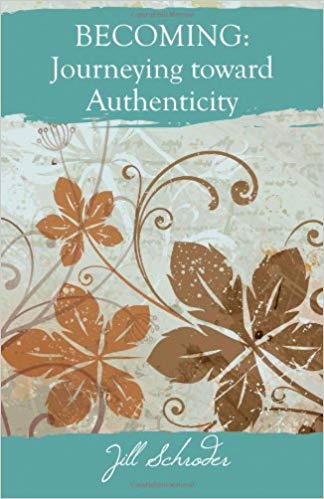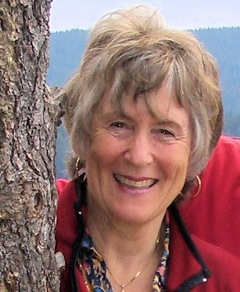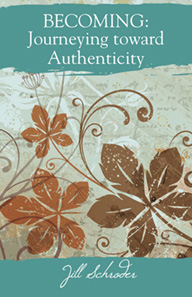
The stories we tell…thereby by hangs a tale! 🙂 So many learnings, so many contexts, so many teachings come to mind when I think about “the stories we tell”.
The inspiration for this post was a talk by Kurt Vonnegut, about the Shape of Stories. Listening to Kurt, whom I find mildly curmudgeonly, but also warmly avuncular and thus endearing, I was intrigued not only by the content of his talk (which I will leave to you to explore), but the memories that came up for me about “the stories we tell.”
I thought, oh so fondly, of how my parents told (actually mostly read), me stories growing up — I feel the nourishing connection, shared experience, adventure, learning…I feel very deep love and affection for my parents, and all those willing and able to read to their children and grandchildren. What great gifts, going both ways.
Some kids, young and old, really like telling scary stories. Robert Frost has a poem that starts, “Oh, let’s go up the hill and scare ourselves…” This wasn’t ever my thrill, telling stories to scare, or get scared, but maybe you can relate to the bond of sharing scary stories.

Telling stories around a campfire, or a dinner table: some years ago I heard the idea, or did I have it? :-)), that as a way of connecting across generations at family dinners, someone, an adult or kid could, could pick a topic, and everyone would share something from their lives that related to the topic. For example a time you were caught in the rain; were embarrassed; about mosquitos; a time you were really scared (this is personal and very different from “scary stories to scare!); something bad you did and got caught (didn’t get caught); a camping/hiking trip memory; a big success/failure…the list is endless.
I could tell so many stories about these storytelling rounds! The kids often really get into it, and it’s a way for each of us to peer into the minds, hearts, souls of our friends, family members. And there is almost always lots of shared laughter. What a gift!
Edifying, teaching, or spiritual stories: have you heard the one about the farmer (Zen or Taoist?), sometimes called May be? Here’s one version.
An old farmer who had worked his crops for many years. One day his horse ran away. Upon hearing the news, his neighbors came to visit. “Such bad luck,” they said sympathetically. “May be,” the farmer replied.
The next morning the horse returned, bringing with it three other wild horses. “How wonderful,” the neighbors exclaimed. “May be,” replied the old man.
The following day, his son tried to ride one of the untamed horses, was thrown, and broke his leg. The neighbors again came to offer their sympathy on his misfortune. “May be,” answered the farmer.
The day after, military officials came to the village to draft young men into the army. Seeing that the son’s leg was broken, they passed him by. The neighbors congratulated the farmer on how well things had turned out. “May be,” said the farmer.
Which brings me to the topic of the “truth” (or lack thereof) of the stories we tell….which segues nicely into “the stories we tell ourselves” — stories are one of the ways we make sense of our worlds, but also one of the ways we trap and limit ourselves… keep ourselves locked into old patterns that don’t serve us.
One of my favourite essays in my book, BECOMING, is called Filters and Frames. (If you have the book, it’s the Introduction essay.) In it, I tell the story of my life with a negative filter: challenges about my family, my school experiences, my insecurities, the difficulties in my marriage, my mother-in-law! I ran this one in my head for years and years!

New paragraph: I tell the exact same life story focussing on the positive dimensions of my life history… and for each phase there were so very many blessings, good times, richness… It took me some time to be able to put this frame on my experience, and the stories are upbeat and warm-hearted.
This was the essay. When my editor read it she suggested I dig deeper. (Thank you, Gerda!)
And sure enough, as I sat with it, larger perspectives emerged. The spiritual work I had done came up, and I realized how each of these stories was just that: a story… certainly not “the truth”, but a filter on my experience that made it look one way or another. “A Story I was telling myself.”
Each of the stories contained some “truths”, in the sense that certain events actually happened, but neither story was “the truth”, was not reality, or the way things were, but simply a frame the made things appear one way or another, depending on how I was feeling at moment.
My “Journey to Authenticity” has involved seeing and owning this truth: I can let the stories be stories, see them for what they are. I/we can take the wisdom, the insights, the deep learning from our stories, our experiences, and then maybe just let go… leave the story and drop into something deeper, something beyond any story…move toward toward authenticity, just being here… with what is. Oh my! How does this resonate with you? What stories do you keep running? How else could you tell this? What is the deeper wisdom or learning for you?
Apropos truth and authenticity, one of the poignant parts of Vonnegut’s piece is when he describes the story line of Hamlet, toward the end of his talk. There’s no happy end, no feel good rise and fall from bad to good times… The Bard created a story that just “tells it like it is”. Tells the truth, the way things were. (At least there’s no patterned story line.)

As Elders (and many of you on this list are!), we have a unique opportunity… our stories, some of them, tell of times and experiences never to be known or had again… What are some stories you might share as an Elder? Are they wise, funny, poignant, all of the above? Is there anyone who listens? :-/
One final category for consideration on this first go: Universe, Creation or Cosmos stories. A huge and important topic encompassing myth, mysticism, science and more… Space for deep diving. The stories we were told, our cultures tell… and they do influence us, for sure.
Recently I recently watched Into the Woods!! It’s Disney, but the music is by Stephen Sondheim, and the cast is stellar. It plays with the fairy tale stories we tell, and heard, as children, mixing and matching them, and coming up with funky twists, ironic additions, and deeper meanings — for example, we are alone, and we are NOT alone… but deeply interconnected. What stories do you tell? I’d like to hear. We’re in this together.

Jill Schroder is the author of BECOMING: Journeying Toward Authenticity. BECOMING is an invitation for self-reflection, and to mine our memorable moments for insights, meaning, andgrowth. Check the website for a sample chapter, or see the reviews to get a flavor for the volume. Follow me on Twitter, let’s be friends on Facebook.


